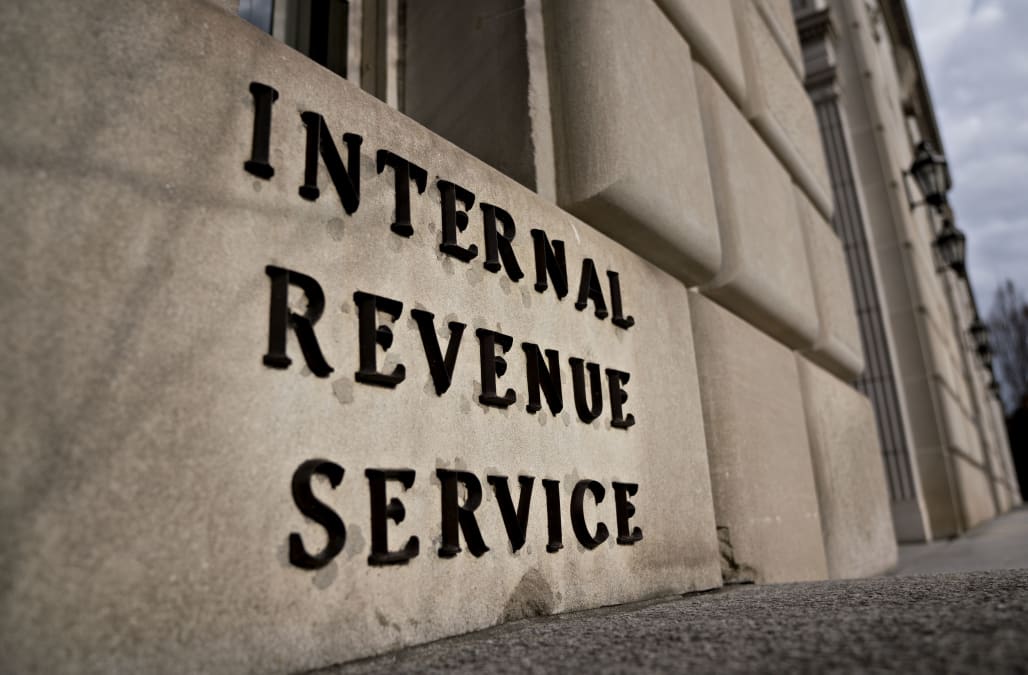
Average tax refunds were down last week 8.4 percent for the first week of the tax season over the same time last year, according to the Internal Revenue Service. Dipping refunds are inflaming a growing army of taxpayers stunned by the consequences of the Trump administration’s tax law — and the effects of the partial government shutdown.
The average refund check paid out so far has been $1,865, down from $2,035 at the same point in 2018, according to IRS data. Low-income taxpayers often file early to pocket the money as soon as possible. Many taxpayers count on the refunds to make important payments, or spend the money on things like home repairs, a vacation or a car.
The IRS had estimated it would issue about 2.3 percent fewer refunds this year as a result of the changes in the federal tax law, according to Bloomberg. MSNBC reports that 30 million Americans will owe the IRS money this year — 3 million more than before Trump’s tax law.
“There are going to be a lot of unhappy people over the next month,” Edward Karl of the American Institute of CPAs told Politico. “Taxpayers want a large refund.” Some 71 percent of taxpayers received refunds last year worth about $3,000 on average, according to Karl.
Scads of taxpayers are complaining on Twitter that they have always received a refund — but now owe the IRS instead.
The number of refunds sent out by the IRS was also down — about 24 percent — as the agency struggled to get up to speed after the government shutdown. The agency sent out about 4.67 million tax refunds in the week ending Feb. 1, compared with about 6.17 million in the same period in 2018, according to IRS data.
This year’s filing season, which began two days after the shutdown ended on Jan. 25, is complicated because it’s the first after the 2017 tax law was enacted. Though President Donald Trump boasted that the new code would be so simplified that people could file their taxes on a postcard, that’s not the case.
In addition, the changes complicated payroll withholding, so that not enough money was withheld by employers in many cases, meaning that people now owe more taxes. The new law also capped IRS deductions for paid state and local taxes, including real estate taxes, resulting in a nasty surprise for many filers. Several other deductions are no longer allowed.
The frustrations will likely continue to fuel support for plans to boost taxes on the ultra-wealthy. A poll last month found that nearly 60 percent of registered voters support a plan by Rep. Alexandria Ocasio-Cortez to impose a 70 percent marginal tax rate on the portion of annual income that exceeds $10 million a year.
Twitter is filling up with complaints from people whose situation has changed radically.



Comments